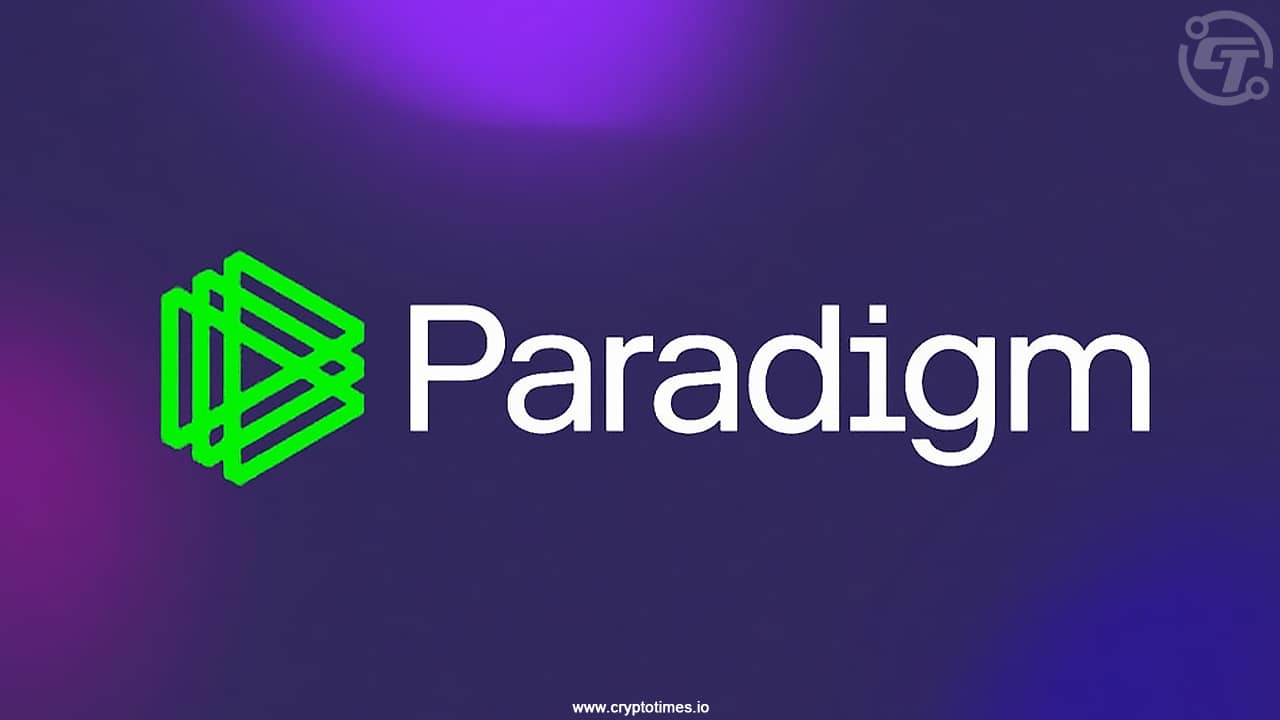A technical flaw in Paradigm’s Ethereum execution client, Reth, briefly disrupted operations for a portion of nodes on the mainnet, highlighting the risks of maintaining alternative software in a system that relies heavily on client diversity. The issue was confirmed by Paradigm’s Chief Technology Officer, Georgios Konstantopoulos, who said the bug stemmed from an error in the client’s state root computation.
The Incident and Recovery
The issue showed up at block 2327426 and hit users running Reth versions 1.6.0 and 1.4.8. Since execution, clients handle transaction processing and keep Ethereum’s global state updated, the faulty state root calculation stopped those nodes from recognizing new blocks. As a result, they froze while the rest of the network kept moving forward.
Konstantopoulos explained the situation in a post on X, “We had a bug in Reth’s state root computation today in Ethereum mainnet, which caused multiple nodes to stall. Recover by running the following…” He then shared three recovery commands for operators to drop and unwind stages before restarting their node.
The CTO assured users that applying the commands was safe for both pruned and archive nodes. While the fix would take about 45 minutes to rebuild the trie, it would not wipe out RPC data or other critical information.
He admitted the incident was a setback but framed it as part of the process of building a high-performance client. “Brutal moment, but ultimately one we learn from and get stronger as we break through performance barriers.”
Why It Matters?
According to Ethernodes, Reth currently accounts for 5.4% of Ethereum’s execution layer clients. That limited share meant the bug only affected a small slice of the network, but it still drew attention because client diversity is one of Ethereum’s safeguards against systemic failure. If too many nodes rely on a single client, a flaw could have wider consequences.
Reth, built in Rust, aims to be a faster, more modular alternative to Ethereum’s dominant client, Geth. Its development is part of a broader effort to reduce the network’s dependence on a single piece of software. But incidents like this show just how difficult it is to create infrastructure that can perform at scale without glitches.
Paradigm hasn’t yet shared the exact cause of the bug. The team is still investigating, while node operators can rely on the temporary workaround to keep their systems running until a permanent fix is released.
Also Read: Ethereum L2 StarkNet Faces Outage a Day After Major Upgrade











